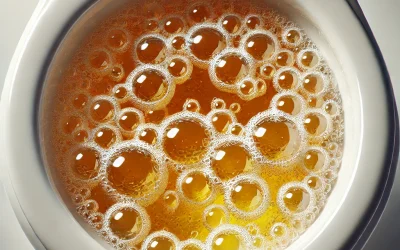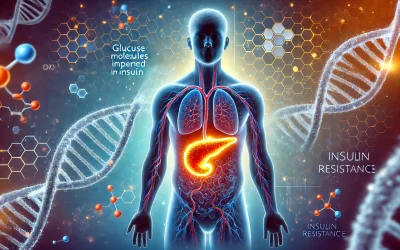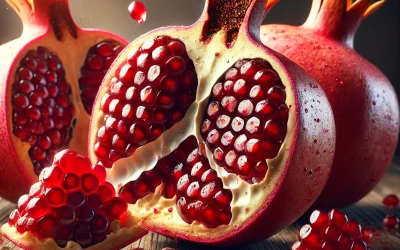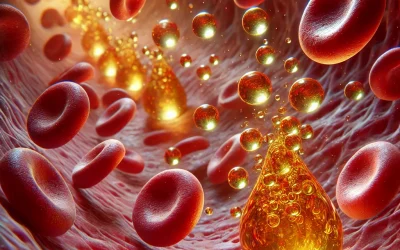For individuals managing diabetes, kidney health is a central concern. The kidneys play a crucial role in filtering waste products from the blood, and diabetes is one of the leading causes of chronic kidney disease (CKD) worldwide. Among the many markers and supplements discussed in relation to kidney function, creatine and creatinine often come up—sometimes leading to confusion. This article explores what creatine is, how it relates to creatinine, and what it means for your kidney health, especially if you’re living with diabetes.
What Is Creatine?
Creatine is a naturally occurring compound made up of amino acids (arginine, glycine, and methionine) and is primarily stored in muscles. It helps produce energy during high-intensity, short-duration exercises like weight lifting or sprinting. Creatine can also be taken as a dietary supplement to enhance athletic performance and muscle mass.
While creatine is generally considered safe for healthy individuals when taken in moderate doses, it can raise questions when kidney function is compromised—such as in people with diabetes.

Creatine vs. Creatinine: What’s the Difference?
A common source of confusion is the similarity between creatine and creatinine. Though they are related, they are not the same thing:
- Creatine: A substance used by muscles for energy. It can be consumed through food or supplements.
- Creatinine: A waste product formed when creatine breaks down. This is excreted by the kidneys and is routinely measured in blood and urine tests to assess kidney function.
If you take creatine supplements, it can temporarily raise creatinine levels in the blood—not because your kidneys are failing, but because more creatine is being metabolized. This is especially important in diabetes management, where creatinine levels are used to monitor kidney health over time.
Kidney Function and Diabetes
People with diabetes are at increased risk of developing diabetic nephropathy, a type of kidney damage resulting from high blood sugar levels over time. To catch kidney damage early, healthcare providers often recommend:
- Urine tests: These check for albumin (a protein) in the urine. The presence of albumin—also called microalbuminuria—can be an early sign of kidney trouble.
- Blood tests: Especially serum creatinine, to estimate kidney function using the eGFR (estimated glomerular filtration rate).
If creatine supplements are raising your creatinine levels, this could potentially confuse or mask real signs of declining kidney function.
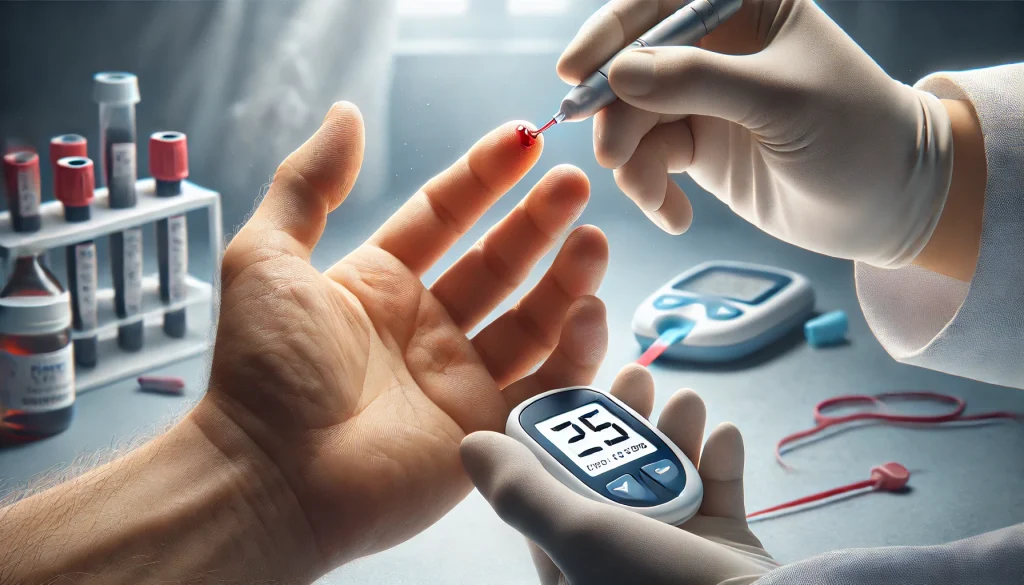
Should People With Diabetes Take Creatine?
There is no definitive answer, but caution is advised:
- Limited studies: Research on creatine use in people with diabetes and impaired kidney function is limited.
- Confounding lab tests: Supplementing with creatine can complicate diagnostic interpretations, making it harder to track kidney health through traditional creatinine tests.
- Individual risk factors: Those with preexisting kidney disease, hypertension, or advanced diabetes should avoid creatine unless under medical supervision.
Key Takeaways
- Creatine is a muscle-energy compound often confused with creatinine, a kidney health marker.
- In diabetes, kidney health must be closely monitored through urine and blood tests.
- Creatine supplements may elevate creatinine levels, potentially interfering with the assessment of kidney function.
- Individuals with diabetes—especially those with signs of kidney issues—should consult a healthcare provider before using creatine.
References
- National Kidney Foundation. (n.d.). Creatinine and Creatinine Clearance. https://www.kidney.org/atoz/content/creatinine
- American Diabetes Association. (2023). Diabetes and Kidney Disease. https://www.diabetes.org/diabetes/complications/kidney-disease-nephropathy
- Poortmans, J. R., & Francaux, M. (1999). Long-term oral creatine supplementation does not impair renal function in healthy athletes. Medicine & Science in Sports & Exercise, 31(8), 1108–1110.
- Gualano, B. et al. (2010). Creatine supplementation: evaluating the risk of kidney damage. Current Opinion in Clinical Nutrition and Metabolic Care, 13(5), 587–592.
- Mayo Clinic. (2024). Creatinine test. https://www.mayoclinic.org/tests-procedures/creatinine-test/about/pac-20384641
